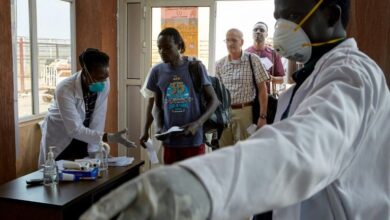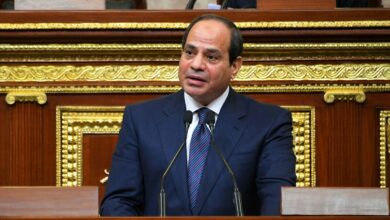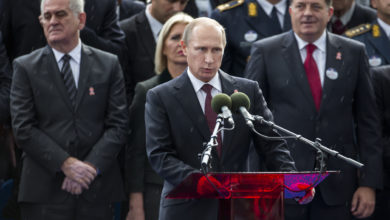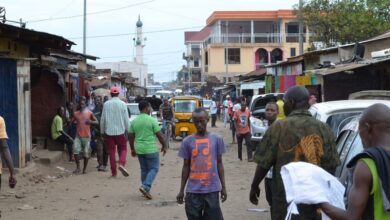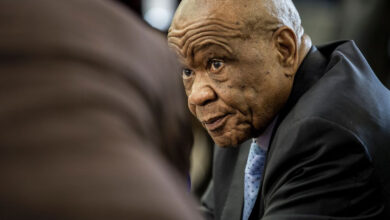World
Sudan Protests Turn Violent As Unidentified Attackers Fire Shots At Khartoum Sit-In

Sudanese Rapid Support Forces and police used tear gas to disperse protesters in Khartoum North on Monday hours after the ruling military council and protest leaders reached a breakthrough agreement on transitional authorities to run the country following the removal of President Omar al-Bashir last month.
According to The Guardian, the situation soon turned violent when unidentified attackers fired shots at the Khartoum sit-in. The military council confirmed that a military police officer and a protester had been killed and many protesters wounded at a sit-in outside the army headquarters in Khartoum where thousands of protesters remain camped for weeks. State TV put the death toll at one police officer and five protesters. A doctors’ committee linked to the protest movement later said four more protesters had been shot dead.
The attack followed an announcement made by the prosecutor general’s office that said Bashir had been charged over the killings of protesters during anti-regime demonstrations that led to the end of his rule.
In a late night press conference on Monday, the military council said that it had “noticed some armed infiltrators among the protesters”. It accused armed groups unhappy with progress toward a political deal of firing shots at protest sites and inciting violence.
The Alliance for Freedom and Change, the umbrella protest movement, said the violence was to “disturb the breakthrough in the negotiations” with army generals as it blamed the bloodshed on the former regime’s militias.
After the meeting with the military council, Taha Osman, a spokesman for the protest movement, announced the protest leaders have agreed on the structure of the authorities and their powers.
“The authorities are as follows – the sovereign council, the cabinet, and the legislative body,” he said.
Osman added that another meeting will be held on Tuesday to discuss the period of transition and the composition of the authorities.


